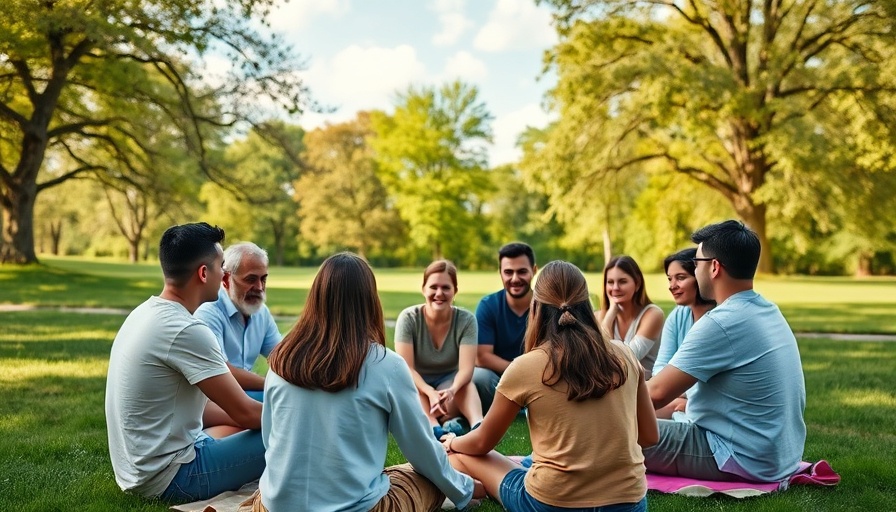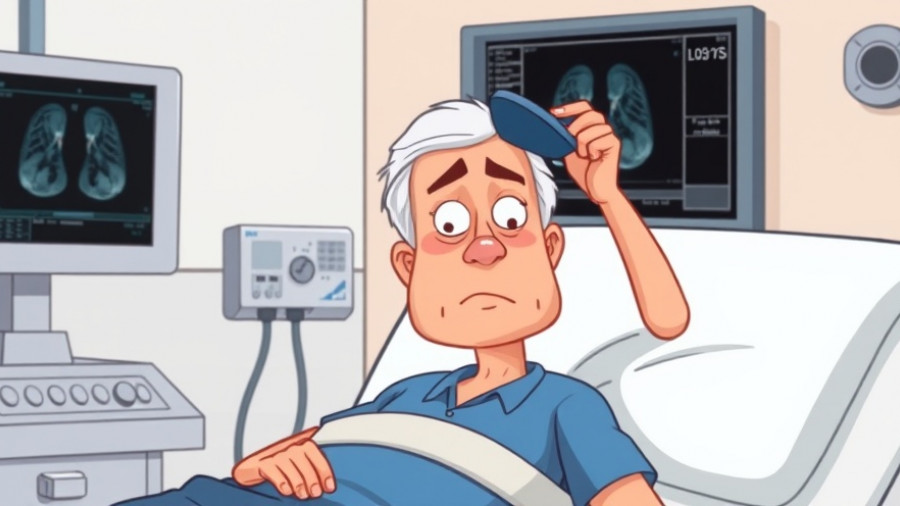
Can Recovery Truly Be Beautiful?
When it comes to addiction recovery, the goal is not only to get sober but to find beauty and joy in life again. Traditional treatment models often focus on detoxification and behavioral therapy, but a new trend is emerging that incorporates wellness and luxury into the recovery experience. It’s not just about overcoming substance abuse; it’s about transforming one’s overall well-being.
What Are Wellness Programs?
Many rehabilitation centers are now integrating wellness programs that focus on physical fitness, nutrition, and mental health. These holistic approaches empower individuals to take charge of their recovery by teaching them about clean eating, exercise routines, and healthy lifestyle choices. Programs that include techniques like yoga for recovery and mindfulness practices help individuals not only heal but also foster a deeper emotional connection with themselves.
The Importance of Emotional Wellbeing
A critical aspect of recovery is emotional wellbeing. Mental health can greatly impact the recovery process, making it essential for treatment centers to incorporate mental wellness practices. By focusing on stress management, cognitive behavioral therapy, and even meditation techniques, these centers create environments where individuals feel safe to explore their feelings and learn coping strategies. This transformation allows for healthier relationships and a more fulfilling life post-recovery.
How Physical Fitness Plays a Role
Physical fitness is not just a bonus in recovery; it's a crucial element that can lead to sustained sobriety. Engaging in regular exercise releases endorphins, which can improve mood and reduce stress. As families supporting recovering individuals, it’s vital to encourage healthy habits such as outdoor recreation and fitness challenges. Participation in group activities helps build a supportive community that holds each other accountable and celebrates sobriety milestones.
Nutrition: Fueling the Mind and Body
Healthy eating habits are foundational in addiction recovery. Nutrition not only fuels the body but also plays a significant role in mental health. Nutritional counseling is increasingly becoming a part of recovery plans, emphasizing the importance of balanced diets and nutritional supplements that nourish both the mind and body. Clean eating can enhance cognitive function and emotional stability, making it a priority in treatment programs.
The Rise of Alternative Therapies
Incorporating alternative therapies, such as art or music therapy, can provide individuals with creative outlets to express themselves during the recovery process. These therapeutic activities tap into emotional intelligence and help foster connections with others who share similar experiences. Engaging in these activities not only aids healing but also builds resilience against relapse triggers.
Creating a Supportive Community
The importance of connecting with others going through similar struggles cannot be overstated. Addiction support groups provide safe spaces for sharing recovery stories, emotional struggles, and success milestones. These connections can lead to lasting relationships and a sense of belonging within the recovery community.
Mindfulness and Self-Care Practices
Mindful living is a powerful tool in addiction recovery. It encourages individuals to stay present, recognize triggers, and practice self-care. Activities like journaling and meditation can enhance emotional resilience and support mental health. For parents, teaching children about mindfulness can prepare them for coping with stress and related challenges in the future.
Steps to Take for Support
If you’re a parent of someone struggling with addiction, consider engaging with local recovery resources. Look for wellness retreats or workshops that focus on holistic recovery as well. With the right support and education, you can help your loved one embark on a path toward healing that embraces beauty, wellness, and vitality.
Take Action: Embrace Recovery Together
Still wondering if recovery can truly be beautiful? The answer is a resounding yes! By embracing holistic practices, encouraging healthy habits, and fostering community, we can create a better environment for recovery. Together, let’s champion a future where recovering individuals can thrive in their sobriety journey.
 Add Row
Add Row  Add
Add 




Write A Comment